| Confucius and Mencius!!! | |
|---|---|
| Sep 12, 2007 04:49 | |
 | Source:http://plato.stanford.edu/ http://plato.stanford.edu/ Confucius (551-479 BCE), according to Chinese tradition, was a thinker, political figure, educator, and founder of the Ru School of Chinese thought. His teachings, preserved in the Lunyu or Analects, form the foundation of much of subsequent Chinese speculation on the education and comportment of the ideal man, how such an individual should live his live and interact with others, and the forms of society and government in which he should participate. Fung Yu-lan, one of the great 20th century authorities on the history of Chinese thought, compares Confucius' influence in Chinese history with that of Socrates in the West. Mencius (fourth century B.C.) sought to defend the teachings of Confucius (sixth to fifth century B.C.) against other influential movements of thought, especially those associated with Mozi (fifth century B.C.) and Yang Zhu (fifth to fourth century B.C.). He is probably best known for the view that “human nature is good”, a view of human nature on the basis of which he defended the Confucian ideal and developed an account of the self-cultivation process. His view was subsequently challenged by Xunzi (third century B.C.), another major Confucian thinker, who defended the alternative view that “human nature is evil”. Confucian thinkers of the Han (206 B.C – 220 A.D.) were influenced by the teachings of both, but by the late Tang (618–907), influential intellectuals such as Han Yu (768–824) came to regard Mencius as the true transmitter of Confucius' teachings. This view was shared by Confucian thinkers of the early Song (960–1279), and Zhu Xi (1130–1200) included the Mengzi (Mencius) as one of the Four Books, which became canonical texts of the Confucian tradition. Mencius came to be regarded as the greatest Confucian thinker after Confucius himself, and his teachings have been very influential on the development of Confucian thought in the Song, Ming (1368–1644), Qing (1644–1912), and up to modern times. Affer brief introduction to these two great thinkers in ancient China, please follow me to 'visit' their mansions, cemetery and temples built to commemorate them. Have you ever heard of San Kong (Kong Lin, Kong Miao and Kong Fu)? If not, let's get to know something together. |
| Sep 12, 2007 04:56 | |
 | Kong Lin (Cemetery of Confucius), Kong Miao (Temple of Confucius) and Kong Fu (Confucius' Family Mansion) are all located in Qufu, Shandong Province. No.1 Kong Lin, where Confucius, his family members and descendants were buried. 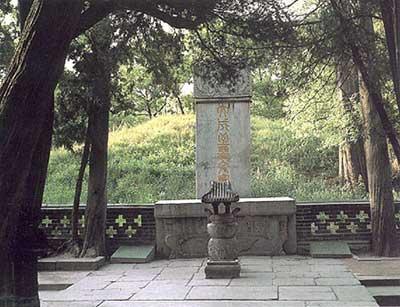 |
| Sep 12, 2007 05:00 | |
 | No.2 Kong Miao (Temple of Confucius), built to commemorate Confucius. Meanwhile, it is a very famous ancient architectural complex in China. The picture shows the Dacheng Hall , the main hall of the temple. 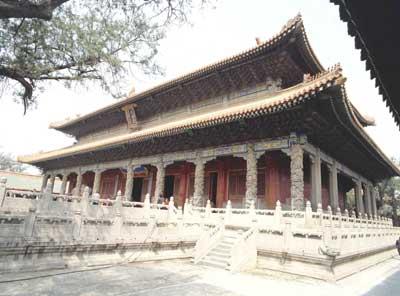 |
| Sep 12, 2007 05:03 | |
 | No.3 Confucius' Family Mansion. The picture shows the main gate of the mansion. 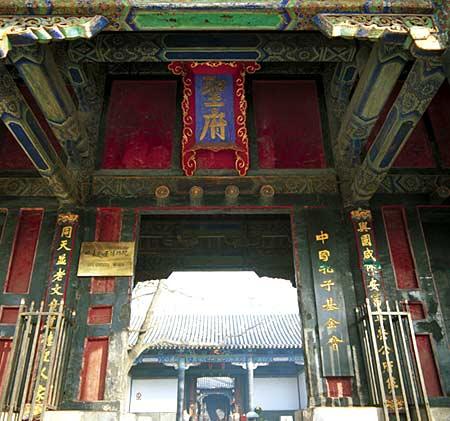 |
| Sep 12, 2007 05:17 | |
 | Similarly, there are Meng Fu (Mencius' Mansion), Meng Miao (the Temple of Mencius)and Meng Lin (the Cemetery of Mencius). All are located in Zoucheng, Shandong Province. No.4 Meng Fu (Mencius' Mansion). 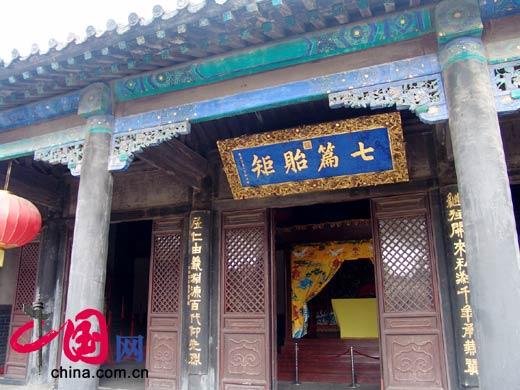 |
| Sep 12, 2007 05:21 | |
 | No.5 Meng Miao (the Temple of Mencius). It shows the Yasheng Hall in the temple. 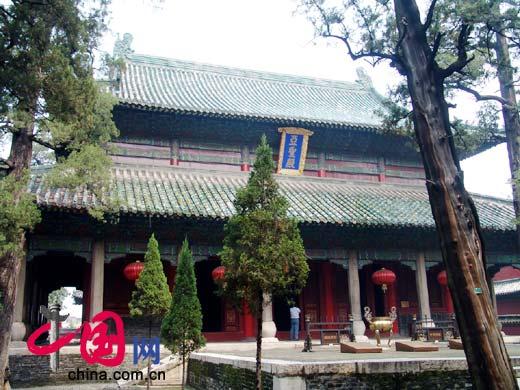 |
| Sep 12, 2007 05:23 | |
 | No.6 Meng Lin (the cemetery of Mencius). 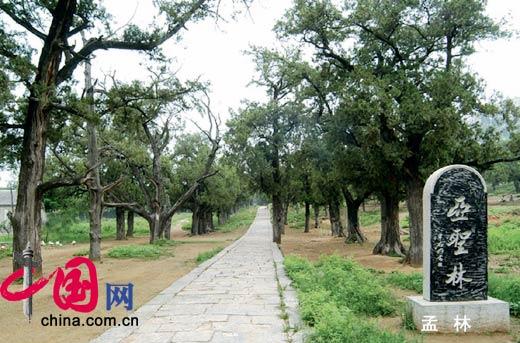 |
| Sep 13, 2007 03:14 | |
 | Never been to these places. If given a chance, I will explore them by myself. I believe that I will have better understanding of these two sages after visiting these places. |
| Sep 19, 2007 01:28 | |
 | Me, too. Look at the Dacheng Hall in Kongmiao. How beautiful it is! He is probably best known for the view that “human nature is good”, a view of human nature on the basis of which he defended the Confucian ideal and developed an account of the self-cultivation process. His view was subsequently challenged by Xunzi (third century B.C.), another major Confucian thinker, who defended the alternative view that “human nature is evil”. What do you think of human nature, good or evil? |
| Jun 27, 2009 19:49 | |
GUEST86190  | Thank you for your quick history. I wish more people of the west learned more of the east!!!... :) |
Page 1 of 2 < Previous Next > Page:
Post a Reply to: Confucius and Mencius!!!




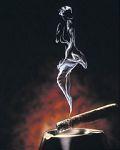

 Copyright © 1998-2026 All rights reserved.
Copyright © 1998-2026 All rights reserved.